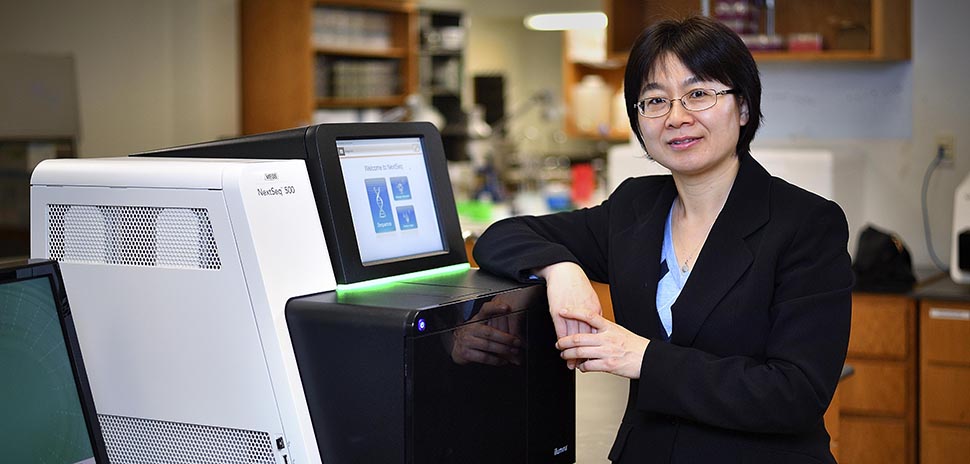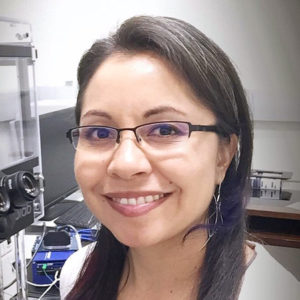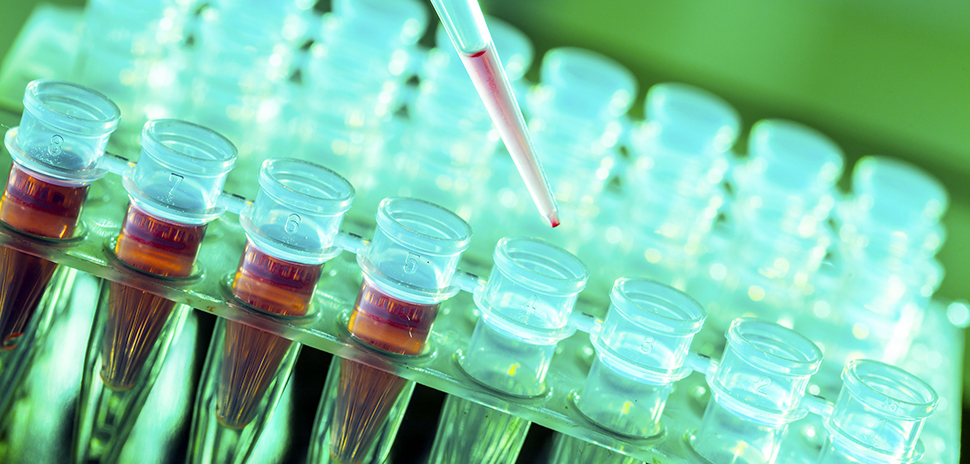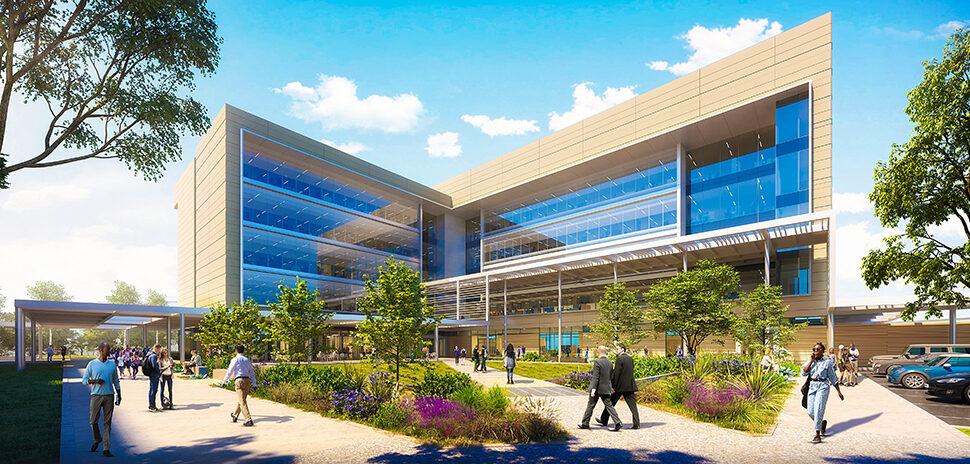![]() Every week, we do a little research of our own. We’re looking for scientists, professors, engineers, entrepreneurs—anybody, really—engaging in research and development across North Texas.
Every week, we do a little research of our own. We’re looking for scientists, professors, engineers, entrepreneurs—anybody, really—engaging in research and development across North Texas.
There’s plenty of good work being done. If you want to put R&D under your microscope, sign up for our e-newsletter.
UT Southwestern earns top ranking for second straight year
UT Southwestern Medical Center has done it again. For the second straight year, the medical center has been named the top institution globally in the “healthcare” category for publishing high-quality scientific research.
The ranking comes from the recently released Nature Index 2019 Annual Tables.
Continuing support from the National Institutes of Health, the state of Texas, and various individuals, corporations, and foundations, produces roughly $470 million a year to fund research at UT Southwestern.
UT Southwestern was also ranked in the 2019 Nature Index listings among the top 25 biomedical institutions and academic institutions globally.
Dr. W. P. Andrew Lee, executive vice president for academic affairs, provost, and dean, UT Southwestern Medical School, said the award reflects the center’s consistently strong record of publishing research that advances its understanding of disease at all levels.
The medical center’s faculty members have received six Nobel Prizes.

Dr. Helen Wang photographed in the Genomics Lab in the Life Sciences Complex. [Photo: Michael Clements/UNT]
UNT prof helps unravel anthracycline-related cardiomyopathy’s mystery
A member of the statistics faculty at the University of North Texas has contributed to a better understanding of how genetics is a major factor in who might develop anthracycline-related cardiomyopathy.
Working with other researchers, physicians, and genetists, associate professor Xuexia “Helen” Wang discovered two gene variants that increase the risk factor for cancer patients taking anthracycline.
Anthracycline is a type of chemotherapy drug used to treat cancer patients, and cardiomyopathy is a type of heart disease that often leads to the heart becoming enlarged, thick, or rigid.
She first noticed the correlation in 2010 while she was a researcher for City of Hope National Medical Center in California.
“Childhood cancer survivors are at a five- to 15-fold increased risk of anthracycline-related cardiomyopathy, also known as ARC, when compared with the general population,” Wang said. “The anthracycline class of drugs is the most popular treatment currently in use, but it comes with a risk for some patients.”
Was there a correlation?
“What really drew my attention, however, was the inter-patient variability in risk. This suggested that it wasn’t only the drugs involved with ARC, but something about the patients themselves,” she said.
Wang believed there could be a genetic susceptibility among some patients who developed ARC, so she and a team looked for genes and gene variants that might offer pathways for the disease.
The researchers published a paper in 2016 that involved childhood cancer survivors that found patients with ARC shared a mutated gene that markedly increased the risk of developing it.
“In fact, there were two genetic variants of two genes identified by me and my collaborators that both increased risk at different percentages,” Wang said. “Discovering those gene variants now allows us to assign a risk to a specific patient based on their genes as well as other factors.”
UT Dallas postdoctoral researcher gets Grass Fellowship

Maria Alejandra González
UT Dallas postdoctoral researcher Maria Alejandra González is one of 10 early career investigators to be selected for the 2019 Grass Fellowship Program,
González, a researcher in the lab of Dr. Mario Romero-Ortega, associate professor of bioengineering, will spend the summer at the Marine Biological Laboratory in Woods Hole, Massachusetts, where she will investigate circuits that connect the autonomic nervous system with the brain.
González has a master’s degree and PhD from the Institute of Neurobiology at the National Autonomous University of Mexico.
“For me, the fellowship represents a unique opportunity to work independently on my own project as principal investigator,” González said in a statement. “It will give me the opportunity to gain experience in conducting research not only in the experimental aspect in a cutting-edge environment, but also in the management of a budget, selecting and setting up laboratory equipment, and discussing my research with an international audience.”
CASPR Group to introduce new anti-pathogen product at conference
The CASPR Group, a Dallas-based developer of products that eliminated indoor air pollution and ill-causing pathogens on surfaces, announced that it is partnering this year with the Association for Professionals in Infection Control and Epidemiology (APIC) as a strategic resource partner.
CASPR, which began its U.S. operations in 2016, said it has been developing its technology and testing if efficacy against pathogens in an independent laboratory. It is introducing its new product, CASPR Medik, from June 12-14 to infection control and epidemiology professionals at the Annual APIC conference in Philadelphia.
CASPR said that its CASPR Medik technology is a continuous 24/7, facility-wide treatment that can be safely used in occupied healthcare spaces.
![]()
Get on the list.
Dallas Innovates, every day.
Sign up to keep your eye on what’s new and next in Dallas-Fort Worth, every day.





































































